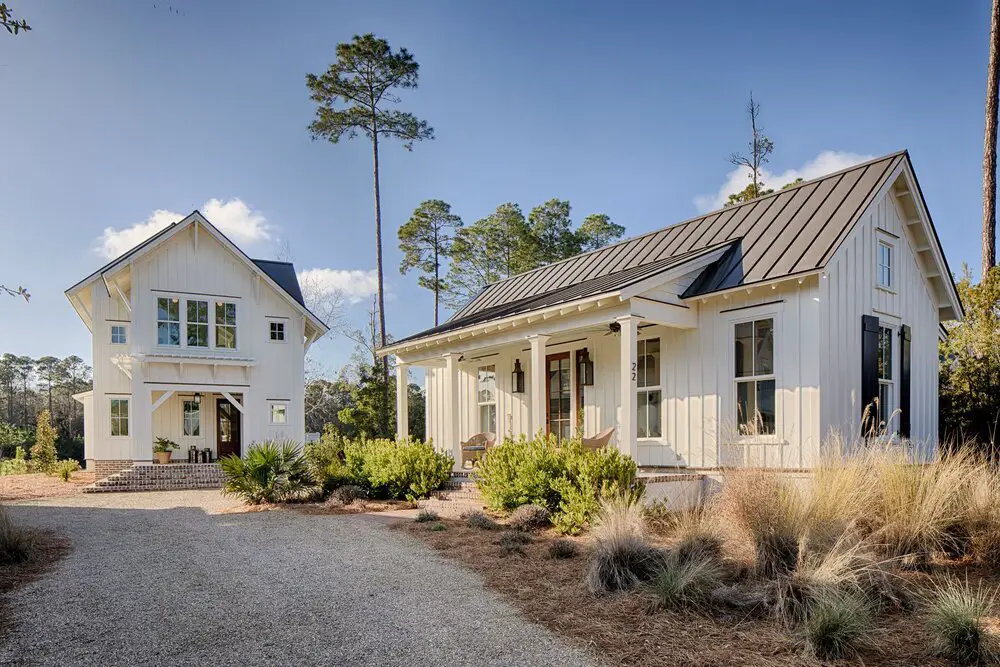With each passing day, people are more aware of the impact of their actions on the environment. They now understand that everything matters. This includes proper waste disposal to activities that reduce carbon emissions, recycling, and electric cars.
There are different ways to reduce your carbon footprint and save the planet. These include avoiding buying water in plastic, normalizing walking and biking over driving where possible, conserving water, protecting the waterways, eating more plants, and using clean and renewable energy. You can also ensure your purchases benefit the environment.

Choosing to live sustainably not only improves the environment but also saves money and reduces waste. When you use a bike instead of your car, you save money on fuel. When you have your own fruit garden, you save costs on processed foods that could be dangerous. The government has a key role in attaining sustainability, but we also have a part to play.
Educate Yourself
To live sustainably, you first must learn about what impacts the environment. What are leaders in the environmental space saying? Read up on sustainability and how it helps the earth. What are the latest environmental challenges, and how do they affect the earth?
Research helps to understand how people’s lifestyles affect the earth. When you go shopping, avoid plastic bags and plastics. For your fashion choices, opt for environmentally conscious brands. When you educate yourself on the challenges, you become fully immersed. Proper understanding of the problem can even help you lend your voice in advocacy.
Downsize your Home

Bigger homes almost always result in a more negative impact on the environment. They use more energy, produce more waste, and occupy more landmass. Research shows that people who downsized to a tiny home reduced their energy consumption by 45 percent. Tiny homes help to save energy as they require fewer resources to heat or cool the house.
Tiny houses require fewer materials to build, which means they will also require less for repair and maintenance in the long run. Sustainable materials such as solar panels are more realistic for tiny houses as the cost might make them a barrier for larger homes to implement. They help owners to improve their carbon footprint as they only buy what they need. Compelling owners to go for necessities rather than luxuries, hence avoiding unnecessary clutter.
Although there are still some costs associated with tiny homes that are similar to regular homes, such as insurance. Insurance for tiny homes is a necessity, and you will realize that it still saves you a lot of money in the long run. The house itself can also save you money as, on average, the cost to build a tiny house is $40,000 compared to a larger house that starts at around $275,000.
Don’t Waste
One of the many advantages of a tiny home is it helps you keep only useful things due to the space constraint. To live more sustainably, if something is unused, it is best to donate the item. Often, unused items end up being thrown away, ending up in landfills or waterways. Try as much as you can to avoid single-use plastics for reusable alternatives.
Plastics now have reusable alternatives like stainless steel, bamboo, cotton, and more. Buying things in excess is another form of waste. Be sure to make necessary buys rather than impulse purchases.
Thrift your Fashion

Most people have more clothes than they actually need or will ever wear. It is always a good idea to sift through your wardrobe often to see what you can sell. You can then go to a studio clothing store to refill your wardrobe with new, more sustainable items.
Eat less Meat
Meat production contributes to greenhouse gas emissions and affects the climate in the long run. The manure used in the feeds decomposes and becomes methane, ammonia, and carbon dioxide which affects the atmosphere. Not everyone can be vegan, but it is important to be wary of the effects of meat production on the climate. There are also meat alternatives that you can explore, like tofu, tempeh, lupin protein, and sunflower seeds.
Renewable Energy
If you can, buying a hybrid car will be beneficial to the environment. It is more fuel-efficient, emits less carbon dioxide, and improves air quality. Energy-saving appliances are also popular now. You can find these options in bulbs, refrigerators, and even air conditioners.
Choice, Action, Sustainability
Lifestyle choices are a huge factor in the sustainability of our planet. It is important to make changes individually, so collectively less of our resources go to waste. Take one small step at a time, and they will all add up in the long run. Thanks to all the companies linked above.

Leave a Reply